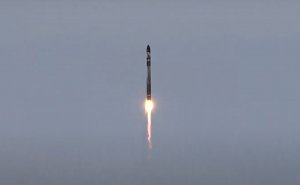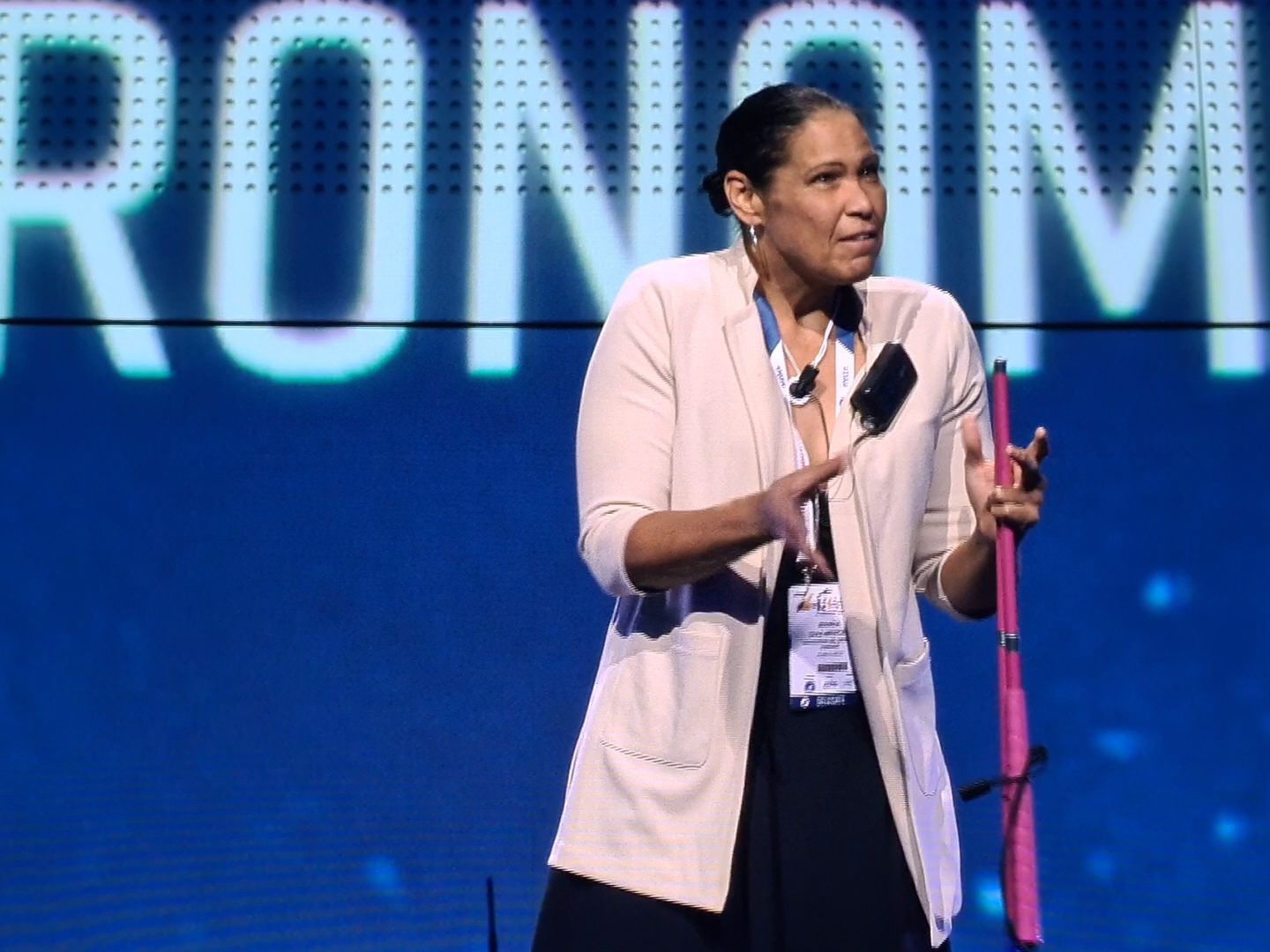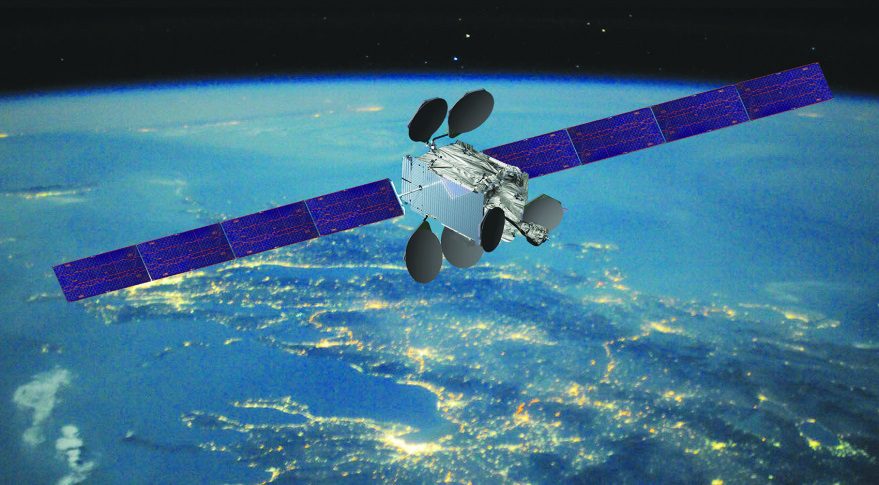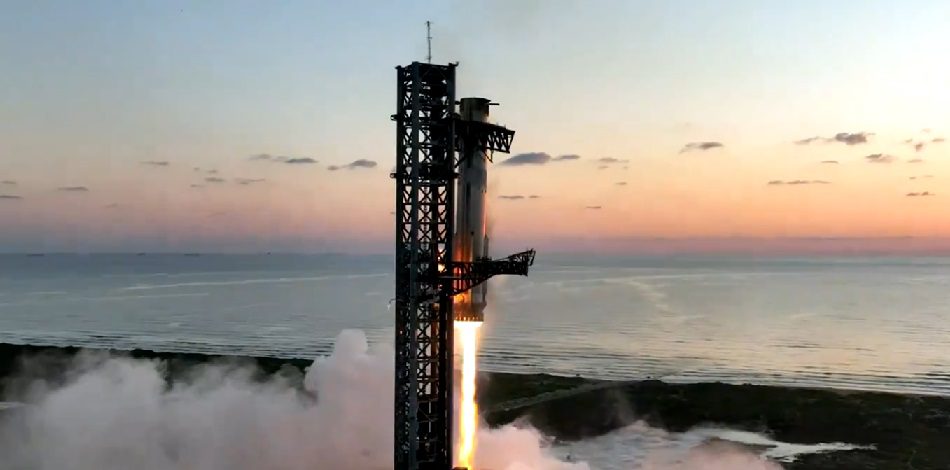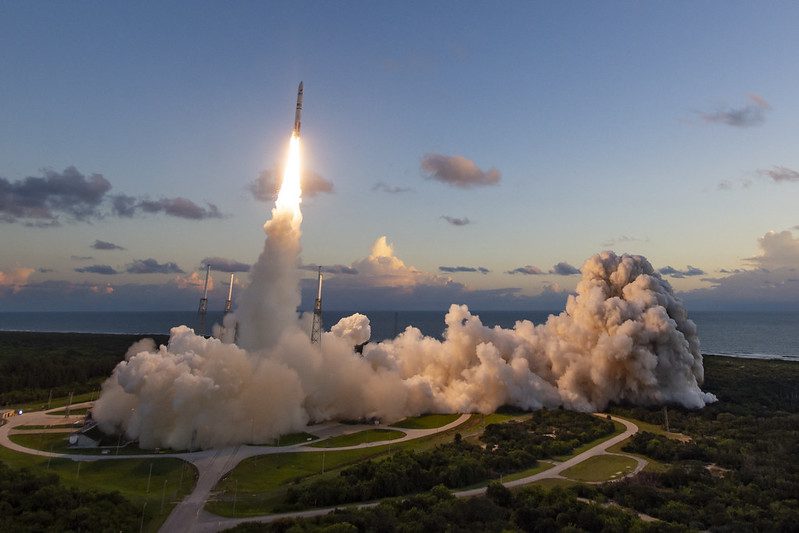While it might be premature to say this, it appears to be the “half-time” point in the Covid-19 pandemic. Those countries that have managed to control the outbreak – even those with very bad starts (e.g. Italy, Spain, France, UK) – are starting to recover economically. There will, however, inevitably be inquiries within these nations on what could have been done better. The errors include not shutting down borders or imposing lock downs early enough, not initiating major testing programmes quickly enough, not supplying sufficient protective equipment promptly and not protecting care homes. With a vaccine still months away, at best – a likely scenario would not see one before mid-2021. The result is that Covid-19-related deaths are expected to run into millions worldwide.
Sadly, casualties have also been caused by delaying testing and treatment for other serious medical conditions, including heart and cancer cases. This was done partly to clear intensive care beds, but also because of fears that some immune system-suppressing treatments might make patients more vulnerable. Worse, there was a fundamental misunderstanding of relative risks, such as trading off a small risk of a cancer patient dying of Covid-19 against the more likely outcome of death from cancer. These indirect deaths are adding to the “excess deaths” connected to the pandemic.
Charts tracking the national infections provided by the Financial Times (ft.com) show that as European nations such as the UK and Germany have slowly released their lockdowns, their downward improvement in Covid-19 infections has ground to a halt. But at least they had yet to see any significant rises. Some nations, such as Japan, which originally nearly defeated the outbreak, are suffering a significant increase in infections. An even bigger concern lies in the high and growing infection rates in Brazil, Mexico and other developing nations, including the Indian subcontinent and Africa.

Infection rates have stopped reducing, but have at least leveled off in European nations. The same cannot be said of USA or Japan. Courtesy: FT.com
Meanwhile, the USA has suffered from a failure in unity of national purpose, fanned by the Trump Administration’s initial denials and obfuscation, and made worse by a division of responsibility for public health as exhibited in the mixed messages and policies of state governors. Under economic and public pressure, and egged on by President Trump for electoral reasons, some governors relaxed lockdowns prematurely, leading to a resurgence in infection rates. Worst affected have been the “Space States” – Florida, Texas, California – where NASA has most of its operations and where the space industry is mainly congregated.
The Covid-19 outbreak has caused construction and launch delays for some NASA missions. For example, the Ariane 5 launch of the NASA/ESA/CSA James Webb Space Telescope (Webb) has been put back seven months to 31 October 2021.
Among those with egg on their faces for arguing against the continued lock down is SpaceX and Tesla guru Elon Musk. California, where his main Tesla and SpaceX plants are based, has gone back into full lockdown (update 21 July 2020). Likewise, so have those who argued against an initial curtailing of world travel, including the World Health Organisation (WHO).
The WHO itself has been accused, with some justification, of being too much in the pocket of China. For example, the WHO’s own investigation into the source of the Covid-19 outbreak has bizarrely decided not to visit the Wuhan Institute of Virology, even though new evidence suggests that it might have started there. That said, many have called for world unity at a time of crisis and oppose the USA’s recent withdrawal from the WHO.
While it may have out some erroneous advice during the pandemic, nevertheless, the WHO did give out much wiser advice in its early message for countries to: “Test, Test, Test.” Their subsequent failure to do this, along with their failure to adhere to lock downs properly, have been cited by WHO director general Dr Tedros Adhanom Ghebreyesus as the major fault in the world campaign against the virus. He subsequently warned that “too many nations (were) headed in the wrong direction.”
With the outbreak now worldwide, international travel is expected to suffer quarantine restrictions for several months to come – albeit with some travel allowed via “air bridges” between “low risk” nations.
As the airlines have suffered, so has the rest of the aerospace sector which air-frame and engine constructors such as Boeing, Airbus. and Rolls Royce being especially affected. Some airlines and travel/hotel companies have had to make serious cuts to their work forces, and people who remain in work may have faced pressure to accept reductions in terms and conditions.
The one part of the aerospace industry that is doing better than expected is Space. While some start-up companies are struggling to get finance and a few, notably OneWeb, have gone under, many investors believe in the industry’s long-term future. The UK government realised this and became part of the financial rescue of OneWeb.
Established commercial telecom satellite firms have actually benefited from the increased demand for data and television as families around the world found themselves locked down. This has offset the mauling of aviation satellite services. Space launches have been delayed, but launch pads are getting back into action, even if launch failures are scuppering those that seemed most able to recover e.g. Rocket Lab. Roscosmos is finally admitting that Baikonur launches are likely to be affected by the Covid-19 outbreak.
Update on 22 July 2020: Given the massive financial demands of the EU economic rescue package, it has decided to lower its space budget for 2021-27 from the expected EUR€16 billion to EUR€13.2 billion. The EU Copernicus Earth environment monitoring space programme is expected to be badly affected. As will the EU secure communications Govsatcom plan. Funding for the Galileo navigation constellation has, however, been ring-fenced.
For space insurers, launch and in-orbit failures were already causing losses to mount and postponed launches are delaying premium income, so they will probably lose money again this year. But an increase in premium rates is providing a ray of hope. Overall the outlook is better than for its sister classes, aviation hull, liability and passenger insurance, which are suffering from a longer downturn in air travel.
Its an ill wind… the rise in international tension is likely to benefit space. Russia has added to its bleak list of opprobrium-inducing behaviour (support of the brutal Assad regime in Syria, illegal annexation of the Crimea, an assassination attempt in the UK) through suspected cyber attacks and electoral interference in other nations. China’s apparent wish for territorial expansionism, its repression of freedom of speech in Hong Kong and its persecution of its Uighurs, rank as equally unpleasant. These have been further aggravated its denial of responsibility for the Covid-19 outbreak and an alleged mass cyber attack on Australia.
Military allies in NATO, as well as Japan, South Korea and Taiwan, have begun to understand that if they are to face down the likes of China and Russia, they will have to invest in the space-based assets on which many of their ground, sea and air-based military systems rely.
As it is, even those nations whose companies (and other organisations) previously benefited from financially advantageous arrangements with Russia and China have belatedly begun to realise that all these dealings were, in effect, enriching and strengthening their potential adversaries. NASA was one of these organisations as it paid Russia for astronaut rides to the International Space Station (ISS) on Soyuz launches.
The truth is that for over twenty years (as this columnist has repeatedly warned) these nations and organisations ignored the wise old saying: “If you deal with the devil, there will be hell to pay.” Now they must face the prospect of having to expensively extract themselves from this dependence.
Worst of all, a rapid withdrawal could increase the risk of actual war. That is, it could destabilise the economies of China and Russia so much so that their regimes may be tempted to use patriotic military action as a distraction for their suffering populaces. It should be remembered that US economic sanctions against Japan after its attempt to ban US ‘war supplies’ to China provided the trigger for Japan’s attack on the US Navy in Pearl Harbour in World War II.

